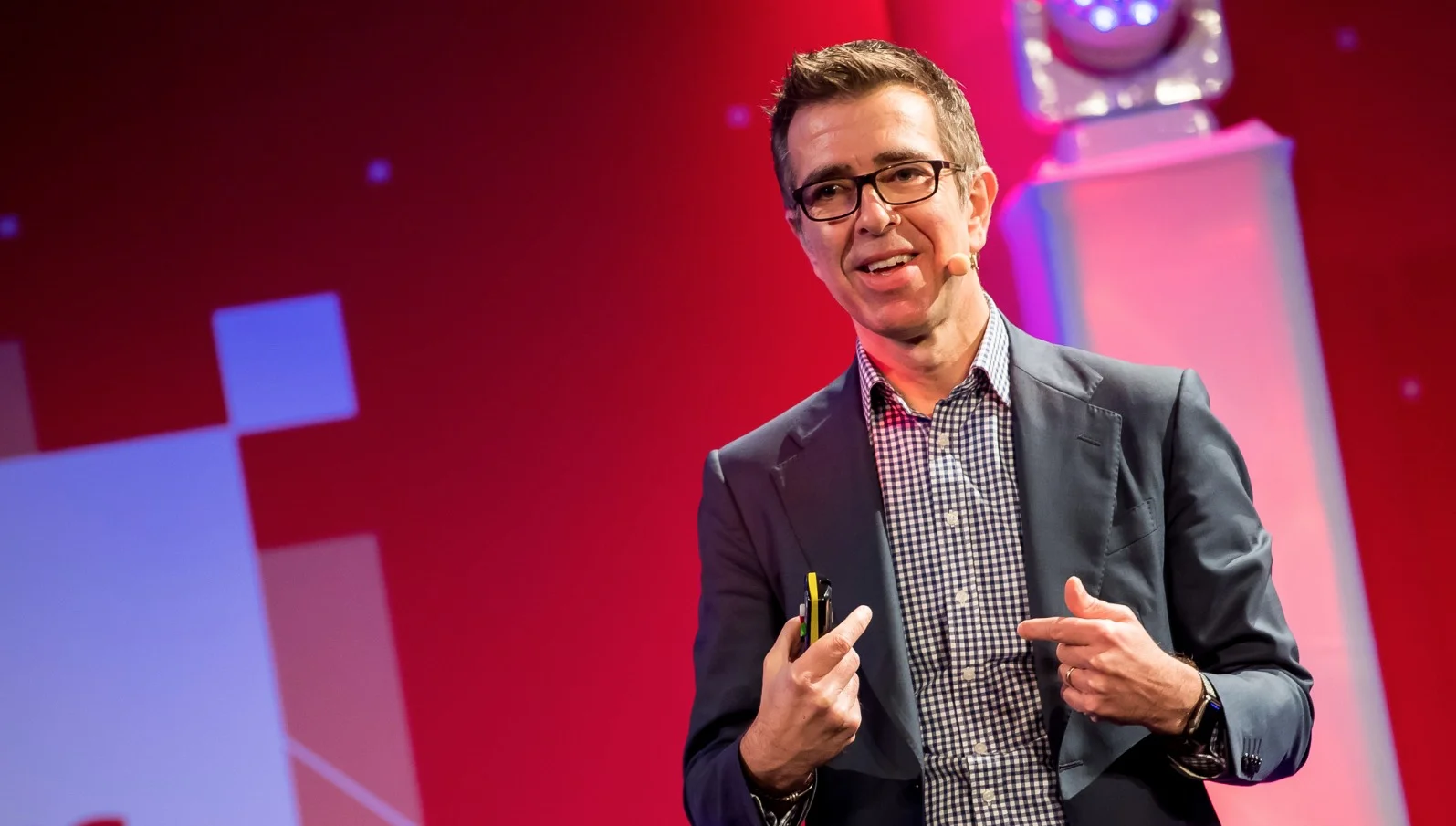Why can’t European tech companies compete with Silicon Valley giants? It’s a perennial conundrum for the continent’s IT leaders — and one that Phill Robinson is trying to solve.
After a globetrotting career as a tech executive, Robinson returned home to the UK and founded Boardwave, a networking platform that wants to make Europe a software superpower.
The concept emerged from Robinson’s diverse background in the sector. The entrepreneur spent decades traversing Europe and Silicon Valley, in roles ranging from CMO of Salesforce.com during its IPO to CEO of Dutch software giant Exact.
These experiences exposed several advantages for tech firms in the US. Robinson zeroed in on one: the breeding ground for success created by Silicon Valley’s tight-knit community. The small area of land interconnects a multitude of tech whizzes, entrepreneurs, investors, and advisers. In Europe, meanwhile, the business environment is highly fragmented.
To emulate the valley’s network effects, Robinson founded Boardwave. At TNW Valencia on 30 March, he promises to share further insights on building tech giants.
Ahead of the talk, Robinson unveiled one of his most ambitious proposals: creating a pan-European version of Nasdaq.

Nasdaq is the world’s premier marketplace for tech stocks. Google, Amazon, Apple, Facebook, and Microsoft all went public on the exchange. In Europe, there’s no comparable trading venue, which restricts the growth of startups.
“There isn’t a single tech market here in Europe,” Robinson tells TNW. “Nor is there the knowledge, experience, and understanding of software from investors in public markets. They don’t know how to value software companies, they don’t understand how they operate, and they don’t understand the intrinsic value of them.”
These circumstances contribute to a vast “exit gap” between European and US firms. In Europe, tech founders often sell their businesses while they’re still private — and miss the chance to maximise their valuations on the public market.
Those that do pursue an IPO typically list in the US.
“Either they go on the NYSE or on the NASDAQ,” says Robinson. “At that point, you’re not a European software company anymore — you suddenly become a US software company.”
Arm’s hammer blow
Arm’s flotation plans provide a painful example of the impacts. The British chip giant is set to snub pleas from the UK government to list in London and instead float in New York. Even offers to bend stork market rules have failed to convince the company to go public in its home country.
Analysts attribute the decision to the US investment landscape’s bigger equity markets, focus on growth, and history of generating higher valuations. European investors, by contrast, have a reputation for being risk-averse and short-termist.
A Nasdaq listing also increases confidence that a company will be around for the long haul.
“It’s a step towards being a global leader, which we don’t have in Europe,” says Robinson.
It’s a market for technology businesses to go public in Europe.
Proposals have been floated for a localised equivalent of Nasdaq in Paris or London. But Robinson insists that only a pan-European exchange would have the necessary scale.
Founding such a market will be immensely challenging. It requires the will of politicians, new legislation, and deeper market expertise. Once those are in place, European tech firms will need to be persuaded to list on the market.
It won’t be an easy process, but Robinson is convinced it would be worth the effort.
“If you have a European version of Nasdaq… it’s a market for technology businesses to go public and list their companies in Europe — and not sell out to become an American software company by virtue of the fact there’s nowhere else to go.”
Phill Robinson will be speaking at TNW València, which takes place at the end of March. If you want to experience the event, we’ve got something special for our loyal readers. Use the promo code TNWVAL30 and get a 30% discount on your conference business pass for TNW València.